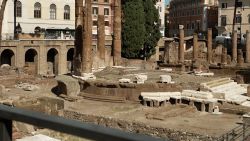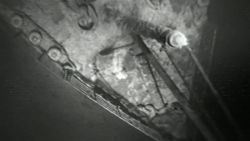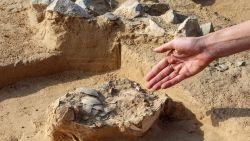An ancient Egyptian tomb hidden away from public eyes for more than 80 years has opened near Giza, the home of the ancient pyramids.
The 4,000-year-old Tomb of Mehu belonged to a high-ranking official. Archeologists say its colorful wall decorations shed light on how Egyptians lived more than a thousand years before the pyramids were constructed.
It was originally discovered back in 1940 by Egyptologist Zaki Saad, but was closed to the public until the recent completion of restoration work.
The tomb is one of the most beautiful in the Saqqara necropolis, an ancient burial ground south of Cairo, says Mostafa Waziri, secretary general of Egypt’s Supreme Council of Antiquities.
It’s the final resting place of Mehu, an offical who lived during the time of King Titi in the Sixth dynasty. The chambers also house Mery Re Ankh, Mehu’s son, and his grandson Hetep Kha II.
Mehu’s tomb is notable for its colorful walls, adorned with vibrant drawings and inscriptions chronicling ancient Egyptian life. The Ministry of Antiquities notes the scenes include hunting, fishing, cooking and dancing.
Extensive restoration
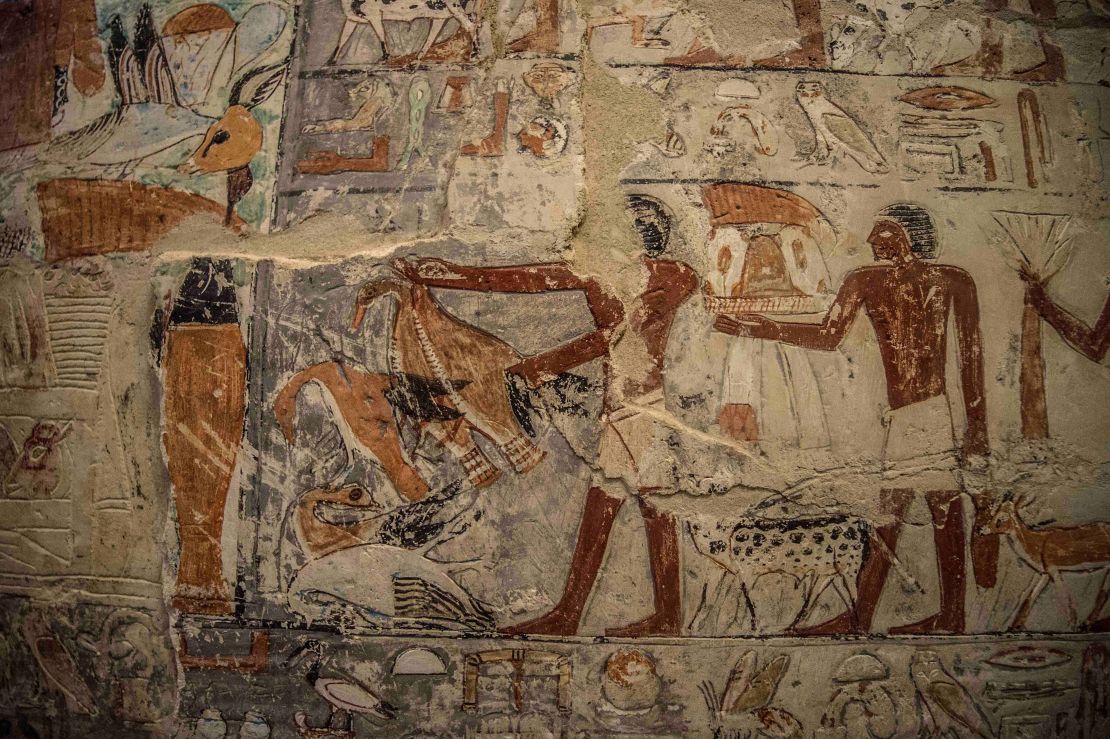
Prior to the reopening, extensive renovation took place to enhance the visitor experience. Colors in the paintings were strengthened and a lighting system was developed inside the tomb.
According to the Ministry of Antiquities statement, the tomb consists of a long narrow corridor with six chambers.
The tomb is one of many ancient attractions in the Saqqara burial ground. The area has numerous other tombs and small pyramids, which Egyptian authorities are continuing to open up.
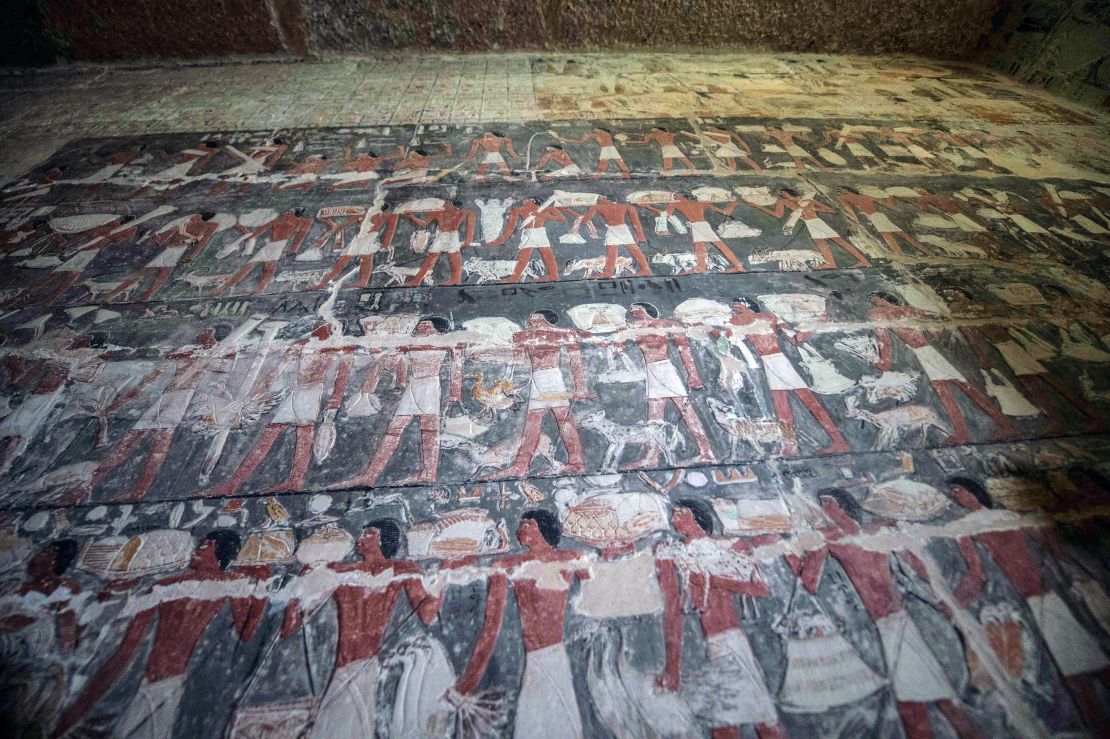
Egypt’s tourism industry is still recovering from the aftermath of the political upheaval that erupted following the so-called Arab Spring of 2011.
In August 2018 the UN’s latest Tourism Highlights Report highlighted Egypt as the fastest growing tourist destination in 2017, with a 55.1% growth in 2017 international arrivals.



